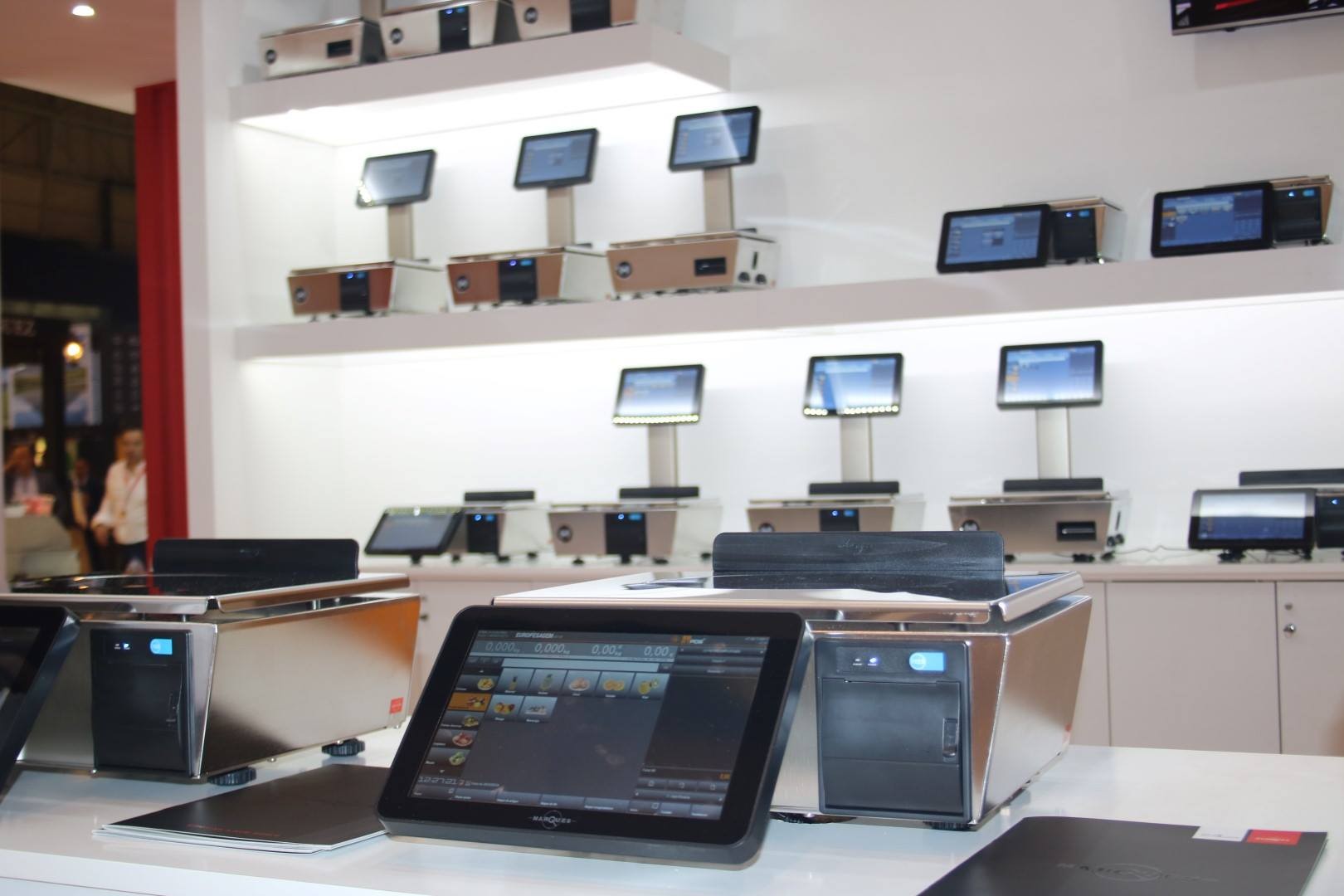Nowadays, there are commercial scales to please everyone. Here, you have the scales with analogical keyboards and the digital scales equipped with touch screens and softwares. For retail businesses, we have them with or wihtout wifi, with or without RFID reader and with or without 2D scanner. The options in and for scales are more a lot more than a few – even when it concerns the plates where you weigh your products.
And the number of possibilities – although very useful to obtain the most adequate solution for each case – makes it harder to choose a scale for your retail company. With so many alternatives, it really becomes hard to realize which one offers the most advantages.
So, we are going to help you on this quest – using our know – and present to you some tips that you may want to follow when choosing the ideal scale for your business:
#1 – Find out what each characteristic of the scale actually means.
Before choosing your scale, try to understand each one of the technical characteristics it has. Only by getting to know the specifications of each scale, you’ll be able to choose the one that fits right into your business. Concepts like reach and division are fundamental for you to be able to find the weighing equipment of your dreams, whether you have a supermarket, a butcher shop, a fishmonger or a fruit shop. Therefore, and by the way, if you have any doubt about this kind of notions, check out our list of some weighing-related concepts that you have to know.
#2 – Take into account the articles you’ll need to weigh on your scale.
This is a very important factor to take into account when it’s time to choose the ideal scale for your business. The dimensions, the weight and other characteristics of your articles are determining traits to consider in order to reach a successful decision. For example, when we talk about cold cuts from a butcher or a supermarket, it’s undeniable that each gram counts and, thus, the scale’s division and precision should be deciding elements in the moment of choosing.
#3 – Define your scale’s indispensable functions.
Today, scales are equipment that go beyond weighing. At the same time, they do their main job – weighing -, scales also work as points of sale, where it’s possible to perform an infinity of operations related to registration and billing of products and even to clients’ management. Depending on the functions you want to include in your scale, its price may variate, which means you should choose it based on your – current and potential - needs. Let’ exemplify: if you don’t have – nor you intend to have – a client’s card, you can exclude RFID reader from your weighing equipment. And, on the other hand, you don’t need – nor you predict you’ll need – to print tickets or labels, you also won’t need a scale equipped with printer and/or labeller, on your supermarket, butcher shop or fishmonger.
#4 - Check out the place where you’ll be using your scale.
There are a lot of factor related to space that should impact your decision on the scale that you’ll use on your business. Before choosing the weighing equipment you’ll install, you should, therefore, check out the exact location where you intend to use it. Different commercial spaces or even different departments of the same business may require different scales. In the case of fishmongers or fruit shops/areas, where the environment is more humid, you may benefit on acquiring a suspension scale, developed to be more resistant on locations with a higher rate of humidity. And in function of the place, you should, obviously, carefully choose your scale’s configuration – flat or double body –, for example, in order to make it possible for the second display to do its job and be visible to your clients.
#5 – Ask your supplier for a product demonstration.
Before making a definite decision about your scale, you should be able to see the weighing equipment and to try it at least once. Afterall, variations such as displays’ size and the scale’s configuration affect its ergonomics and the way you’ll use an equipment that should always fill your specific needs. And, for you to have that experience, you only have to ask your supplier for a demonstration of some of the available options. This way you’ll have the opportunity to check the scale’s usability by yourself and decide what model fits best on your business’ context.






